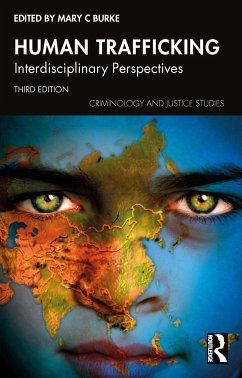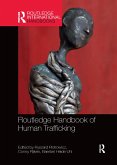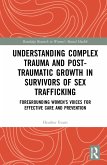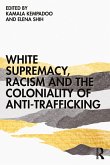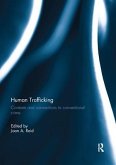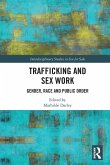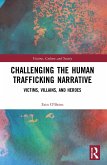In Human Trafficking: Interdisciplinary Perspectives experts from a wide range of disciplinary and professional backgrounds provide a uniquely comprehensive understanding of human trafficking in the twenty-first century.
Chapter authors consider historical, sociocultural, legal, public health, human rights, and psychological aspects of this issue. New chapters address important topics such as racism, child soldiers, organ trafficking, and the role of technology and the banking industry in trafficking. The third edition also explores the ways in which institutionalized oppression of people of color, Native Americans, and those in the LGBTQ+ community can underlie vulnerability of these populations to being trafficked.
Human Trafficking is essential reading for professionals in law enforcement, human services, and health care, and for concerned citizens interested in human rights and making a difference in their communities. This book is also intended for use inundergraduate and graduate interdisciplinary courses in human trafficking.
Chapter authors consider historical, sociocultural, legal, public health, human rights, and psychological aspects of this issue. New chapters address important topics such as racism, child soldiers, organ trafficking, and the role of technology and the banking industry in trafficking. The third edition also explores the ways in which institutionalized oppression of people of color, Native Americans, and those in the LGBTQ+ community can underlie vulnerability of these populations to being trafficked.
Human Trafficking is essential reading for professionals in law enforcement, human services, and health care, and for concerned citizens interested in human rights and making a difference in their communities. This book is also intended for use inundergraduate and graduate interdisciplinary courses in human trafficking.

